Anera: A Locally-Rooted International NGO
Posted in: About Anera
Though Anera was founded in the United States in 1968, it has always been firmly grounded in the Middle East. So, while Anera is technically an international nonprofit, it feels like a local community-based organization on the ground in Palestine, Lebanon and Jordan. Here’s why…
Staff is local
All of Anera’s staff in Palestine, Lebanon and Jordan come from the communities they serve. And because they’re local, they’re experts, not only in the narrow definition of their professional roles, but in the local conditions, customs and challenges. They have built relationships over many years with area authorities and partners, and know how to navigate difficult political circumstances to get things done.
Anera’s medical donations teams, for instance, have relationships with hundreds of healthcare facilities across Palestine, Lebanon and Jordan. It is through these relationships that they know the national scope of medical needs as well as the very specific requirements of individual clinics and hospitals. They also have relationships with government officials that can resolve shipping issues and smooth the delivery of much-needed medical shipments.
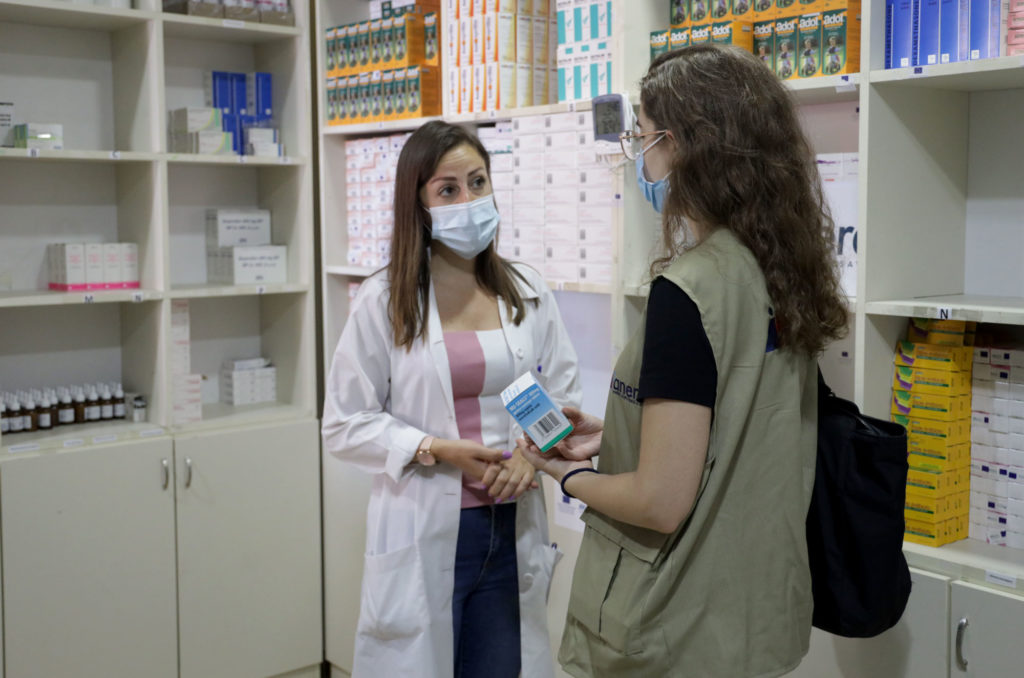

Community roots are deep
Unlike many international humanitarian and development organizations with a global scope, Anera has deep roots in the region where we operate – five decades and counting. We’re not going anywhere, even when international attention to a crisis fades or funding dries up.
For instance, when the US Administration halted funding of work in Palestine in 2018, Anera’s USAID projects came to an abrupt halt. After 43 years, USAID was no longer Anera’s main donor in Palestine. But we did not leave or stop working in Palestine. With funding from a multitude of other institutions and individuals, we continued to build infrastructure, provide training, create livelihood opportunities and deliver medicines. (And now USAID is again funding Anera’s work in Gaza.)
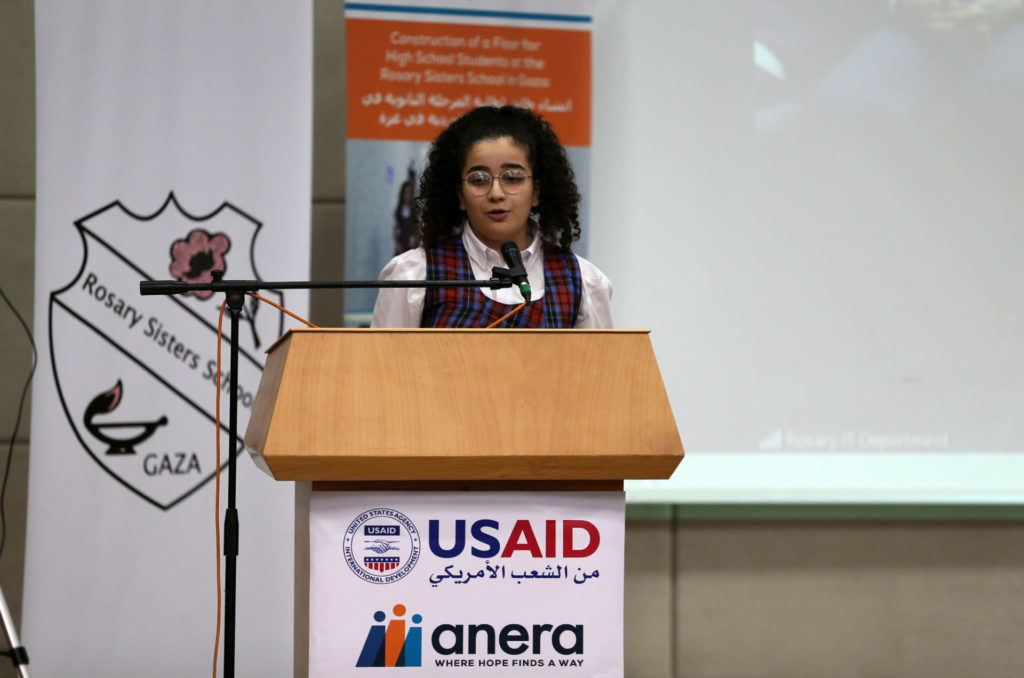

Programs grow from community involvement
Anera’s programs come out of communities, where decision-making is in the hands of the people directly impacted by the work to be done. This translates into sustainable change, because programs meet real needs and community members invest themselves in helping them to succeed beyond Anera’s involvement.
An example is Anera’s solid waste management program in Lebanon. Communities around the country were drowning in trash, due to a lack of recycling services and awareness. Anera staff heard from residents of refugee camps and villages that they wanted to fix the problem in their neighborhoods. So Anera built recycling facilities in three different areas of the country, and trained – with the help of local nonprofits – community volunteers to teach their neighbors about sorting waste at home and disposing of it responsibly. The recycling facilities earn an income selling the waste. The communities create less waste going to landfills. And residents build civic pride as they take more control over their environment.
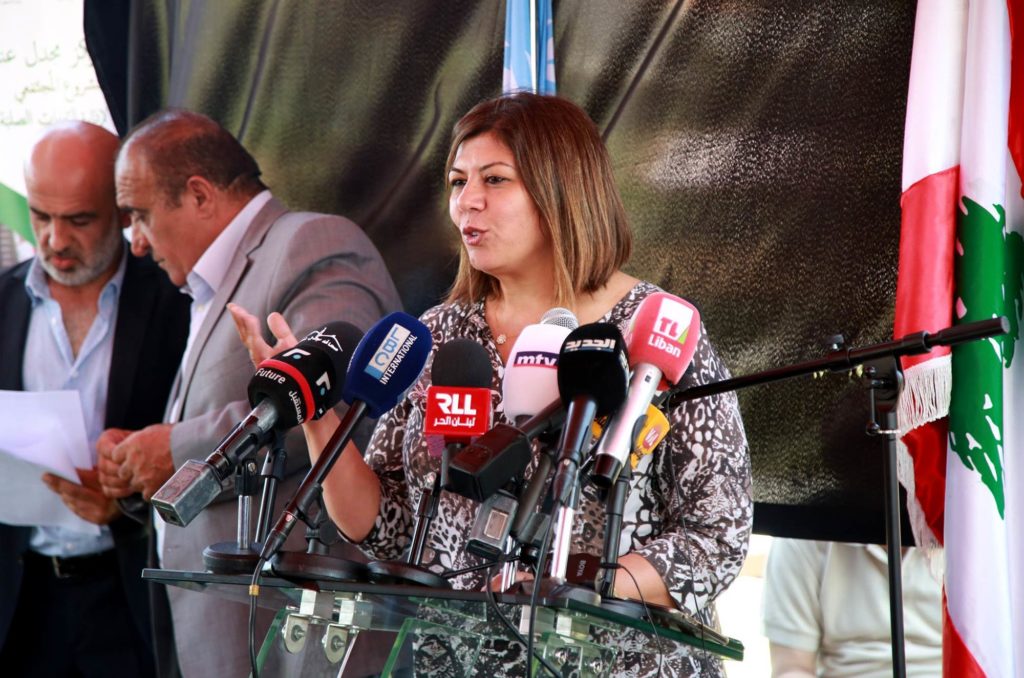

Green technologies ensure long-term sustainability
Anera uses solar paneling to allow buildings and water networks to function without reliance on an erratic electrical grid or expensive, fuel-driven generators. Innovative interventions in agriculture use hydroponic systems that don’t need a lot of water or soil to grow produce – and they can employ recycled containers placed on rooftops and other sun-rich spaces. These kinds of technologies are self-sustaining and maintain local ownership.
Anera’s rooftop gardens in Gaza, for instance, continued to thrive and feed families – despite the bombings in May 2021 – because they need very little water and regular upkeep to thrive. Families in this program provide for themselves with fresh produce, and sell surplus crops to generate additional income. As a result, Anera’s rooftop gardens stimulate the local economy, while improving the livelihoods and increasing the food security of vulnerable families.
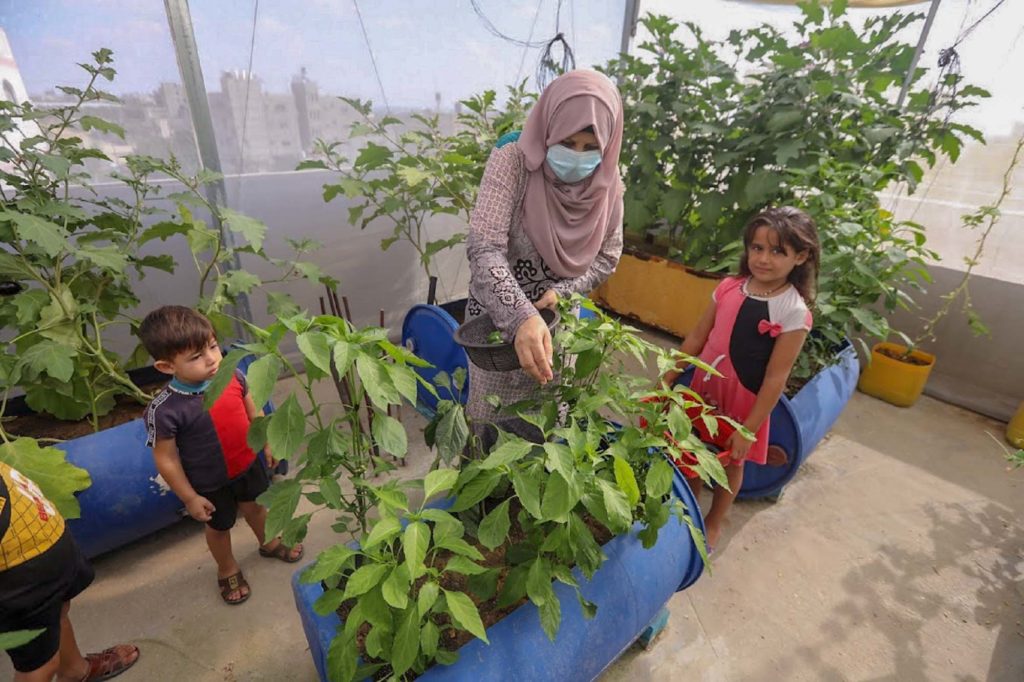

Implementing programs through local relationships
Anera’s country teams liaise and partner with local ministries, community-based organizations, schools and other civil society actors to deliver programs. Simply put, the work Anera does would not be possible without strong relationships with trusted, vetted local partners. Through local partners’ networks and connections, Anera delivers humanitarian aid and development projects.
Local connections are also critical to ensuring that interventions are well coordinated and not redundant. Anera works with all appropriate ministries and sector working groups to coordinate efforts with other organizations to maximize impact, ensure there are no service gaps, and prevent duplication of assistance.
And Anera works with local contractors and businesses when implementing projects to add to local economies and to build the capacities of the community. This creates indirect beneficiaries of Anera’s programs that generate income and are engaged in supporting and rehabilitating their communities.
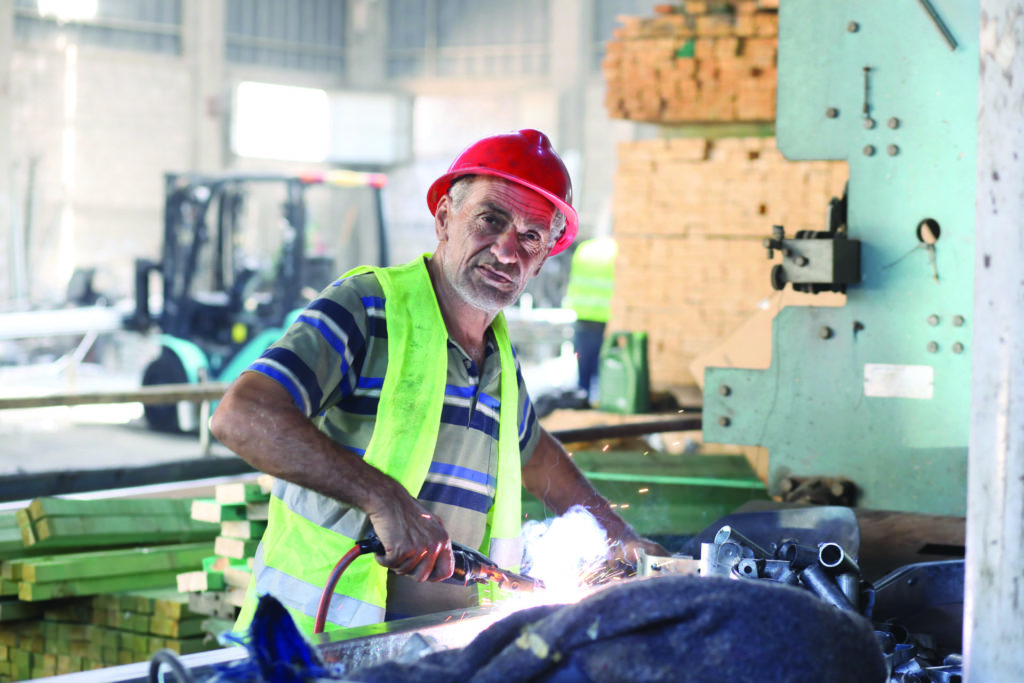

Value chains mean projects continue
Anera integrates its programming to create local value chains so that projects are sustainable beyond the life of the grant. By investing in job creation, infrastructure, education, and longer-term health and food security, Anera helps prepare communities to survive and overcome the challenges that each new crisis brings.
For example, Anera’s school feeding program in Gaza sources its produce from farmer beneficiaries from previous Anera agricultural programs and employs women from a local cooperative that is part of Anera’s women’s economic empowerment program to prepare nutritious meals for kindergarteners at schools in Gaza. Linking local greenhouses with the school nutrition program ensures a sustainable supply of diverse, fresh produce and encourages families to send their children to preschool, while also improving the incomes, living conditions, and community networks of local farmers.
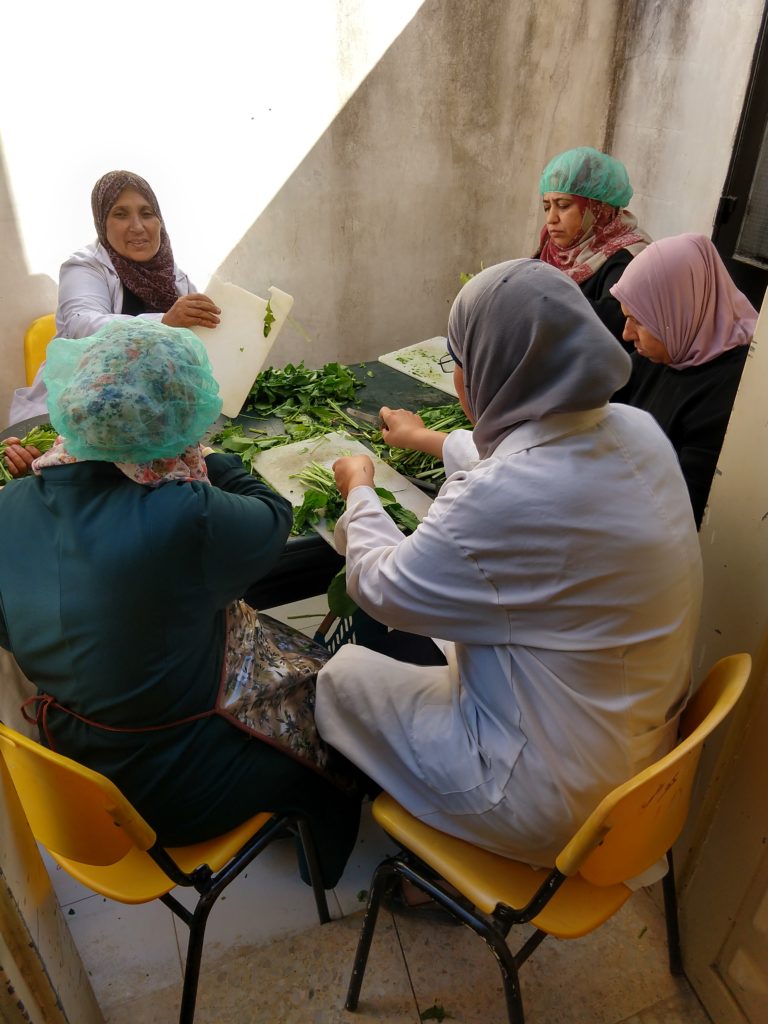

Effective development aid is community driven
Anera is proud of our tradition of recruiting talent and valuing the vast knowledge and experience that dwell in the places we work. Too often communities on the receiving end of international relief and development assistance have been excluded from involvement in the planning and coordination of the very aid intended to benefit them. Fortunately, many in the international development community are now reassessing this long-standing norm. For vulnerable communities in the Middle East and beyond, international solidarity works best when it is driven by those most impacted.
Let’s all strive to be the best local (international) nonprofits that we can!
OUR BLOG
Related
In Gaza, systematic bombardment of civilian housing and infrastructure has created a crisis of shelter that is endangering over a million.
The undersigned members of the Association of International Development Agencies (AIDA) urgently call upon the international community to intervene and halt settler attacks targeting Palestinian civilians and protect Palestinian communities near illegal settlements. The International NGO Community urges international actors…

